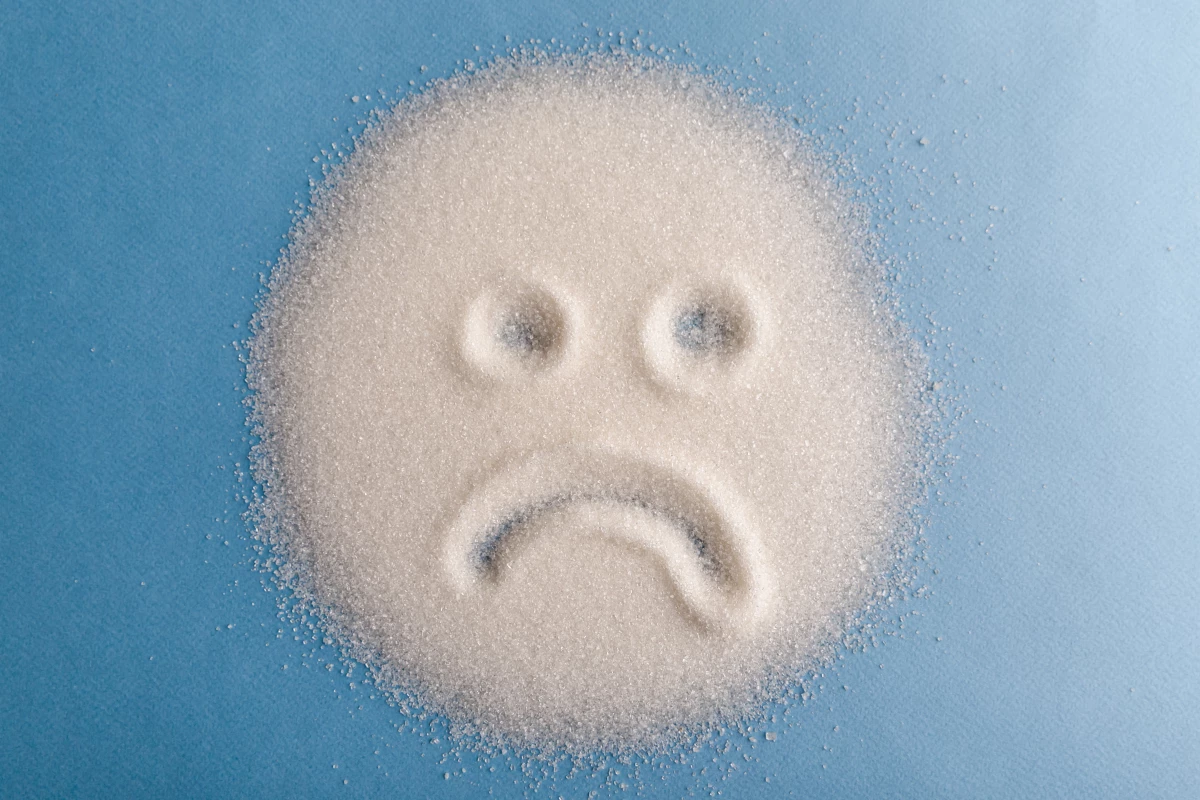For the first time, scientists have unraveled just how high levels of fructose affect the body, flipping a genetic switch as it's broken down – one that primes your immune system to overreact to things it would normally ignore. In this "trigger happy" state, certain immune cells are less discerning, resulting in inflammation, more severe infections and even new food intolerances or sensitivities.
Researchers from the Department of Nutritional Sciences at the University of Vienna have shown how when fructose comes into contact with free-roaming immune cells (monocytes) in the blood, they become far more sensitive and reactive. But far from this "boosting" the immune system, this state of hypervigilance works against the body.
Most of us probably know fructose is naturally found in fruit and some vegetables, as well as being added to many processed foods and drinks as high fructose corn syrup (HFCS). While a natural sugar like sucrose (albeit refined as table sugar) and glucose, the body processes it differently, primarily in the liver. But unless you have a fructose sensitivity, the 6 g in an average apple is not going to trouble you.
However, if you eat a general Western diet in the US, chances are you're consuming much more. For context, a 355 ml can of Coca-Cola has around 39 g of HFSC. While this study doesn't specifically target HFCS, it's come under scrutiny in the scientific community in the last few decades, with researchers linking it to various metabolic diseases including gastrointestinal issues, obesity and type 2 diabetes mellitus.
Prior to the 1970s, most processed foods were primarily sweetened with cane sugar, however, the invention of HFCS – a liquid made from corn starch – flipped that. Because it was more stable, cheaper to produce (thanks in part to high government subsidies for corn growers), it's now commonly found in everything from sodas to sauces. (Since 2000, its popularity has been steadily declining.)
In this new study, researchers set out to find the biochemistry behind the link between high fructose intake and inflammation. In two randomized studies with otherwise healthy adults, the initial trial saw 10 adults given a diet high in fructose – three serves of a Jello-like substance per day, totalling 110 g of the sweetener. Blood samples were collected before and after the 3.5-day fructose diet. In the second study, monocyte cells were isolated from a different cohort of adults and the immune cells exposed to glucose, maltodextrin and fructose to investigate cellular activity.
What they found was that even for just 3.5 days, a high-fructose diet changed how monocyte cells behave. Essentially, the fructose entered these immune cells through a special transporter (GLUT5), where it was broken down by an enzyme known as ketohexokinase. This process then triggered a genetic switch called SP1, which boosted the number of Toll-like receptor 2 (TLR2) receptors – minute sensors on the surface of the immune cells that detect components of certain bacteria. With more sensors, the immune cells became more sensitive to the bacterial toxin lipoteichoic acid, releasing stronger inflammatory signals even when exposed to tiny amounts of bacteria.
"The concentration of receptors for such toxins in the body increased, which means that the inflammatory response increased," explained study leader Ina Bergheim from the University of Vienna.
These responses saw inflammatory messengers like interleukin-6, interleukin-1β and tumor necrosis factor-alpha increasingly released.
"These findings make an important contribution to understanding how individual food components and fructose in particular can influence the immune system," said Bergheim. "They indicate that even short-term, high fructose consumption in healthy people can influence the immune system and increase inflammation."
While it was a small study and it's unclear whether this inflammatory response is maintained or is triggered just in the process of breaking down high levels of fructose, it's the first time scientists have been able to see this particular pathway and response caused by the sweetener.
While it was not tested, this "priming" of the immune system potentially makes the immune cells more reactive to bacterial signals, especially from common bugs like Staphylococcus and Streptococcus. So even small exposures to these bacteria – such as otherwise harmless fragments of them – could trigger an over-the-top inflammatory response. While that might sound like a better defence, it can lead to more tissue damage or prolonged illness due to inflammation. The study also raises questions about whether this heightened sensitivity could spill over into food intolerance, potentially making the body more likely to overreact to compounds that would normally be ignored.
The researchers now plan to expand on their findings, looking at the long-term effects of high fructose consumption on the immune system.
"Sugar, especially the fructose in sugary drinks and sweets, has long been suspected of increasing the risk of developing metabolic diseases – this needs to be investigated," said Bergheim.
The research was published in the journal Redox Biology.
Source: University of Vienna





